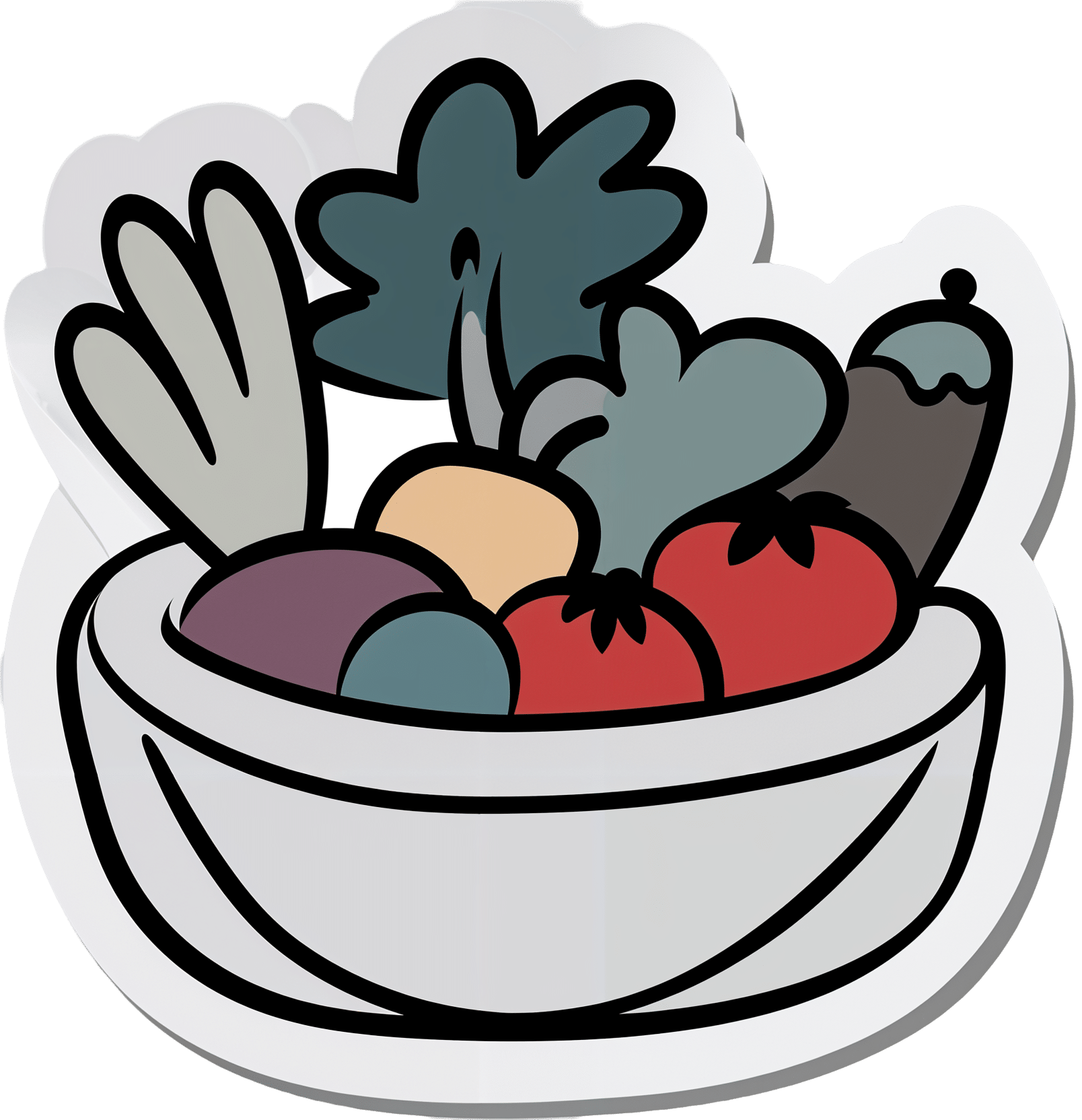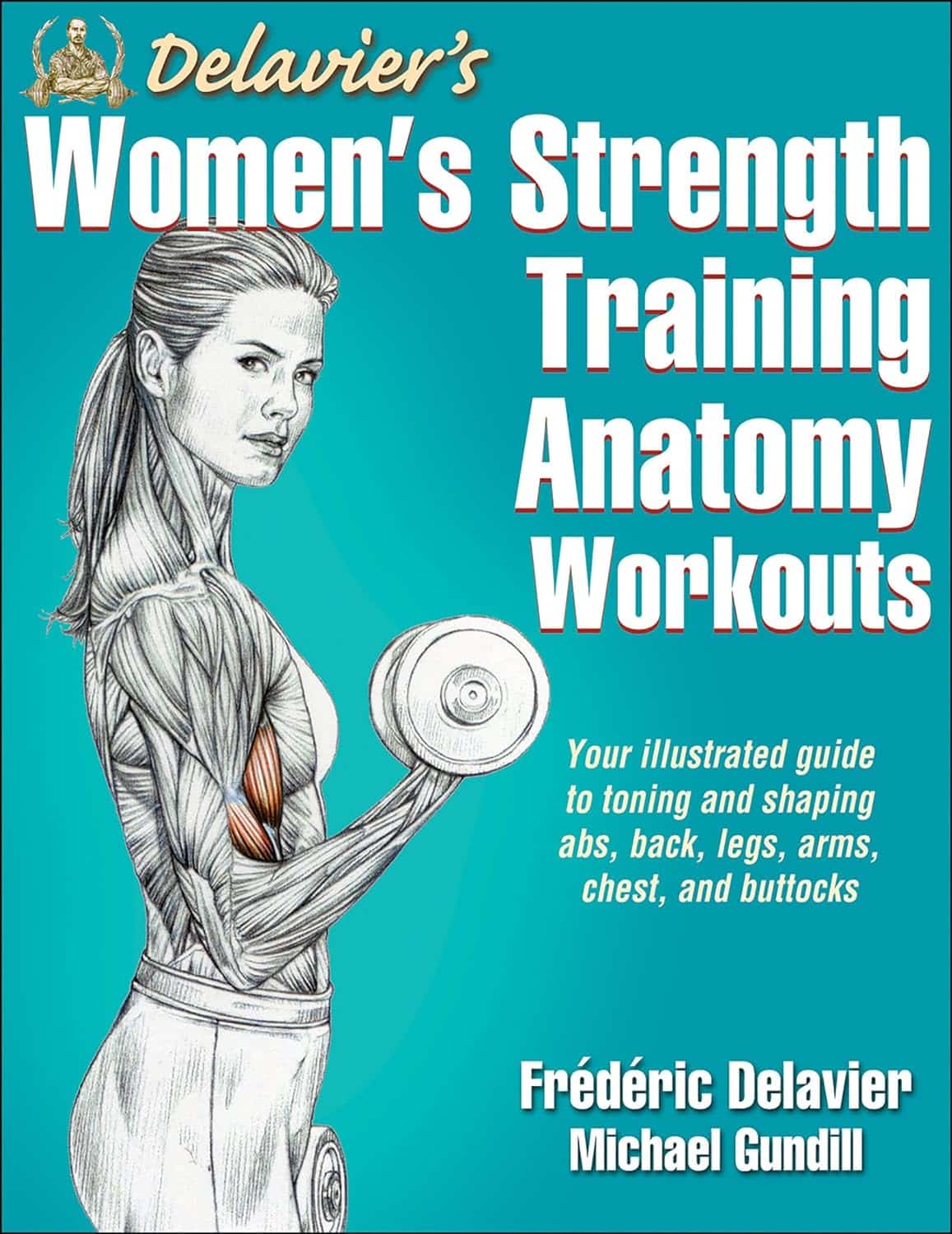
When Science Brings Hope
10almonds is reader-supported. We may, at no cost to you, receive a portion of sales if you purchase a product through a link in this article.
There’s a lot of bad news out there at present, including in the field of healthcare. So as some measure of respite from that, here’s some good news from the world of health science, including some actionable things to do:
Run for your life! Or casually meander for your life; that’s fine too.
Those who enjoy the equivalent of an average of 160mins slow (3mph) walking per day also enjoy the greatest healthspan. Now, there may be an element of two-way causality here (moving more means we live longer, but also, sometimes people move less because of having crippling disabilities, which are themselves not great for healthspan, as well as having the knock-on effect of reducing movement, and so such conditions yield and anti-longevity double-whammy), but for any who are able to, increasing the amount of time per day spend moving, ultimately results (on average) in a lot of extra days in life that we’ll then get to spend moving.
Depending on how active or not you are already, every extra 1 hour walked could add two hours and 49 minutes to life expectancy:
Read in full: Americans over 40 could live extra 5 years if they were all as active as top 25% of population, modeling study suggests
Related: The Doctor Who Wants Us To Exercise Less & Move More
Re-teaching your brain to heal itself
Cancer is often difficult to treat, and brain tumors can be amongst the most difficult with which to contend. Not only is everything in there very delicate, but also it’s the hardest place in the body to get at—not just surgically, but even chemically, because of the blood-brain barrier. To make matters worse, brain tumors such as glioblastoma weaken the function of T-cells (whose job it is to eliminate the cancer) by prolonged exposure.
Research has found a way to restore the responsiveness of these T-cells to immune checkpoint inhibitors, allowing them to go about their cancer-killing activities unimpeded:
Read in full: New possibilities for treating intractable brain tumors unveiled
Related: 5 Ways To Beat Cancer (And Other Diseases)
Here’s to your good health!
GLP-1 receptor agonists, originally developed to fight diabetes and now enjoying popularity as weight loss adjuvants, work in large part by cutting down food cravings by interfering with the chemical messaging about such.
As a bonus, it seems that they also can reduce alcohol cravings, especially by targetting the brain’s reward center; this was based on a large review of studies looking at how GLP-1RA use affects alcohol use, alcohol-related health problems, hospital visits, and brain reactions to alcohol cues:
Read in full: Diabetes medication may be effective in helping people drink less alcohol, research finds
Related: How To Reduce Or Quit Alcohol
Take care!
Don’t Forget…
Did you arrive here from our newsletter? Don’t forget to return to the email to continue learning!
Recommended
Learn to Age Gracefully
Join the 98k+ American women taking control of their health & aging with our 100% free (and fun!) daily emails:
-
How Tight Are Your Hips? Test (And Fix!) With This
10almonds is reader-supported. We may, at no cost to you, receive a portion of sales if you purchase a product through a link in this article.
Upon surveying over half a million people; hips were the most common area for stiffness and lack of mobility. So, what to do about it?
This test don’t lie
With 17 muscles contributing to hip function (“hip flexors” being the name for this group of 17 muscles, not specific muscle), it’s important to figure out which ones are tight, and if indeed it really is the hip flexors at all, or if it could be, as it often is, actually the tensor fasciae latae (TFL) muscle of the thigh. If it turns out to be both, well, that’s unfortunate but the good news is, now you’ll know and can start fixing from all the necessary angles.
Diagnostic test for tight hip flexors (Thomas Test):
- Use a sturdy, elevated surface (e.g. table or counter—not a bed or couch, unless there is perchance room to swing your legs without them touching the floor).
- Sit at the edge, lie back, and pull both knees to your chest.
- Return one leg back down until the thigh is perpendicular to the table.
- Let the other leg dangle off the edge to assess flexibility.
Observations from the test:
- Thigh contact: is the back of your thigh touching the table?
- Knee angle: is your knee bent at roughly 80° or straighter?
- Thigh rotation: does the thigh roll outward?
Interpreting results:
- If your thigh contacts the surface and the knee is bent at around 80°, hip mobility is good.
- If your thigh doesn’t touch or knee is too straight, hip flexor tightness is present.
- If your thigh rolls outwards from your midline, that indicates tightness in the TFL muscle of the thigh.
Three best hip flexor stretches:
- Kneeling lunge stretch:
- Hips above the knee, tuck tailbone, engage glutes, press hips forward, reach arm up with a slight side bend.
- Seated hip lift stretch:
- Sit with feet hip-width apart, hands behind shoulders, lift hips, step one foot back, tuck tailbone, point knee away.
- Sofa stretch:
- Kneel with one shin against a couch/wall, other foot forward in lunge, tuck tailbone, press hips forward, lift torso.
It’s recommended to how each stretch for 30 seconds on each side.
For more on all of the above, and visual demonstrations, enjoy:
Click Here If The Embedded Video Doesn’t Load Automatically!
Want to learn more?
You might also like to read:
Take care!
Share This Post
-
Ice Baths: To Dip Or Not To Dip?
10almonds is reader-supported. We may, at no cost to you, receive a portion of sales if you purchase a product through a link in this article.
We asked you for your (health-related) view of ice baths, and got the above-depicted, below-described, set of responses:
- About 31% said “ice baths are great for the health; we should take them”
- About 29% said “ice baths’ risks outweigh their few benefits”
- About 26% said “ice baths’ benefits outweigh their few risks”
- About 14% said “ice baths are dangerous and can kill you; best avoided”
So what does the science say?
Freezing water is very dangerous: True or False?
True! Water close to freezing point is indeed very dangerous, and can most certainly kill you.
Fun fact, though: many such people are still saveable with timely medical intervention, in part because the same hypothermia that is killing them also slows down the process* of death
Source (and science) for both parts of that:
Cold water immersion: sudden death and prolonged survival
*and biologically speaking, death is a process, not an event, by the way. But we don’t have room for that today!
(unless you die in some sudden violent way, such as a powerful explosion that destroys your brain instantly; then it’s an event)
Ice baths are thus also very dangerous: True or False?
False! Assuming that they are undertaken responsibly and you have no chronic diseases that make it more dangerous for you.
What does “undertaken responsibly” mean?
Firstly, the temperature should not be near freezing. It should be 10–15℃, which for Americans is 50–59℉.
You can get a bath thermometer to check this, by the way. Here’s an example product on Amazon.
Secondly, your ice bath should last no more than 10–15 minutes. This is not a place to go to sleep.
What chronic diseases would make it dangerous?
Do check with your doctor if you have any doubts, as no list we make can be exhaustive and we don’t know your personal medical history, but the main culprits are:
- Cardiovascular disease
- Hypertension
- Diabetes (any type)
The first two are for heart attack risk; the latter is because diabetes can affect core temperature regulation.
Ice baths are good for the heart: True or False?
True or False depending on how they’re done, and your health before starting.
For most people, undertaking ice baths responsibly, repeated ice bath use causes the cardiovascular system to adapt to better maintain homeostasis when subjected to thermal shock (i.e. sudden rapid changes in temperature).
For example: Respiratory and cardiovascular responses to cold stress following repeated cold water immersion
And because that was a small study, here’s a big research review with a lot of data; just scroll to where it has the heading“Specific thermoregulative adaptations to regular exposure to cold air and/or cold water exposure“ for many examples and much discussion:
Health effects of voluntary exposure to cold water: a continuing subject of debate
Ice baths are good against inflammation: True or False?
True! Here’s one example:
Uric acid and glutathione levels (important markers of chronic inflammation) are also significantly affected:
Uric acid and glutathione levels during short-term whole body cold exposure
Want to know more?
That’s all we have room for today, but check out our previous “Expert Insights” main feature looking at Wim Hof’s work in cryotherapy:
A Cold Shower A Day Keeps The Doctor Away?
Enjoy!
Share This Post
-
Brazil Nuts vs Cashews – Which is Healthier?
10almonds is reader-supported. We may, at no cost to you, receive a portion of sales if you purchase a product through a link in this article.
Our Verdict
When comparing Brazil nuts to cashews, we picked the cashews.
Why?
Looking at the macros first, Brazil nuts have more fat and fiber, while cashews have more carbs and protein. So, it really comes down to what you want to prioritize. We’d generally consider fiber the tie-breaker, making this category a subjective marginal win for Brazil nuts—and especially marginal since they are both low glycemic index foods in any case.
When it comes to vitamins, Brazil nuts have more of vitamins C, E, and choline, while cashews have more of vitamins B2, B3, B5, B6, B7, B9, and K, so while both are great, this category is a clear by-the-numbers win for cashews.
The category of minerals is an interesting one. Brazil nuts have more calcium, magnesium, phosphorus, and selenium, while cashews have more copper, iron, manganese, and zinc. That would be a 4:4 tie, but let’s take a closer look at those selenium levels:
- A cup of cashews contains 109% of the RDA of selenium. Your hair will be luscious and shiny.
- A cup of Brazil nuts contains 10,456% of the RDA of selenium. This is way past the point of selenium toxicity, and your (luscious, shiny) hair will fall out.
For this reason, it’s recommended to eat no more than 3–4 Brazil nuts per day.
We consider that a point against Brazil nuts.
Adding up the section makes for a win for cashews. Of course, enjoy Brazil nuts too if you will, but in careful moderation please!
Want to learn more?
You might like to read:
Why You Should Diversify Your Nuts
Take care!
Share This Post
Related Posts
-
You can’t reverse the ageing process but these 5 things can help you live longer
10almonds is reader-supported. We may, at no cost to you, receive a portion of sales if you purchase a product through a link in this article.
At this time of year many of us resolve to prioritise our health. So it is no surprise there’s a roaring trade of products purporting to guarantee you live longer, be healthier and look more youthful.
While an estimated 25% of longevity is determined by our genes, the rest is determined by what we do, day to day.
There are no quick fixes or short cuts to living longer and healthier lives, but the science is clear on the key principles. Here are five things you can do to extend your lifespan and improve your health.
1. Eat a predominantly plant-based diet
What you eat has a huge impact on your health. The evidence overwhelmingly shows eating a diet high in plant-based foods is associated with health and longevity.
If you eat more plant-based foods and less meat, processed foods, sugar and salt, you reduce your risk of a range of illnesses that shorten our lives, including heart disease and cancer.
Plant-based foods are rich in nutrients, phytochemicals, antioxidants and fibre. They’re also anti-inflammatory. All of this protects against damage to our cells as we age, which helps prevent disease.
No particular diet is right for everyone but one of the most studied and healthiest is the Mediterranean diet. It’s based on the eating patterns of people who live in countries around the Mediterranean Sea and emphases vegetables, fruits, wholegrains, legumes, nuts and seeds, fish and seafood, and olive oil.
2. Aim for a healthy weight
Another important way you can be healthier is to try and achieve a healthy weight, as obesity increases the risk of a number of health problems that shorten our lives.
Obesity puts strain on all of our body systems and has a whole myriad of physiological effects including causing inflammation and hormonal disturbances. These increase your chances of a number of diseases, including heart disease, stroke, high blood pressure, diabetes and a number of cancers.
In addition to affecting us physically, obesity is also associated with poorer psychological health. It’s linked to depression, low self-esteem and stress.
One of the biggest challenges we face in the developed world is that we live in an environment that promotes obesity. The ubiquitous marketing and the easy availability of high-calorie foods our bodies are hard-wired to crave mean it’s easy to consume too many calories.
3. Exercise regularly
We all know that exercise is good for us – the most common resolution we make this time of year is to do more exercise and to get fitter. Regular exercise protects against chronic illness, lowers your stress and improves your mental health.
While one of the ways exercising helps you is by supporting you to control your weight and lowering your body fat levels, the effects are broader and include improving your glucose (blood sugar) use, lowering your blood pressure, reducing inflammation and improving blood flow and heart function.
While it’s easy to get caught up in all of the hype about different exercise strategies, the evidence suggests that any way you can include physical activity in your day has health benefits. You don’t have to run marathons or go to the gym for hours every day. Build movement into your day in any way that you can and do things that you enjoy.
4. Don’t smoke
If you want to be healthier and live longer then don’t smoke or vape.
Smoking cigarettes affects almost every organ in the body and is associated with both a shorter and lower quality of life. There is no safe level of smoking – every cigarette increases your chances of developing a range of cancers, heart disease and diabetes.
Even if you have been smoking for years, by giving up smoking at any age you can experience health benefits almost immediately, and you can reverse many of the harmful effects of smoking.
If you’re thinking of switching to vapes as a healthy long term option, think again. The long term health effects of vaping are not fully understood and they come with their own health risks.
5. Prioritise social connection
When we talk about living healthier and longer, we tend to focus on what we do to our physical bodies. But one of the most important discoveries over the past decade has been the recognition of the importance of spiritual and psychological health.
People who are lonely and socially isolated have a much higher risk of dying early and are more likely to suffer from heart disease, stroke, dementia as well as anxiety and depression.
Although we don’t fully understand the mechanisms, it’s likely due to both behavioural and biological factors. While people who are more socially connected are more likely to engage in healthy behaviours, there also seems to be a more direct physiological effect of loneliness on the body.
So if you want to be healthier and live longer, build and maintain your connections to others.
Hassan Vally, Associate Professor, Epidemiology, Deakin University
This article is republished from The Conversation under a Creative Commons license. Read the original article.
Don’t Forget…
Did you arrive here from our newsletter? Don’t forget to return to the email to continue learning!
Learn to Age Gracefully
Join the 98k+ American women taking control of their health & aging with our 100% free (and fun!) daily emails:
-
Three Critical Kitchen Prescriptions
10almonds is reader-supported. We may, at no cost to you, receive a portion of sales if you purchase a product through a link in this article.
Three Critical Kitchen Prescriptions
This is Dr. Saliha Mahmood-Ahmed. She’s a medical doctor—specifically, a gastroenterologist. She’s also a chef, and winner of the BBC’s MasterChef competition. So, from her gastroenterology day-job and her culinary calling, she has some expert insights to share on eating well!
❝Food and medicine are inextricably linked to one another, and it is an honour to be a doctor who specialises in digestive health and can both cook, and teach others to cook❞
~ Dr. Saliha Mahmood-Ahmed, after winning MasterChef and being asked if she’d quit medicine to be a full-time chef
Dr. Mahmood-Ahmed’s 3 “Kitchen Prescriptions”
They are:
- Cook, cook, cook
- Feed your gut bugs
- Do not diet
Let’s take a look at each of those…
Cook, cook, cook
We’re the only species on Earth that cooks food. An easy knee-jerk response might be to think maybe we shouldn’t, then, but… We’ve been doing it for at least 30,000 years, which is about 1,500 generations, while a mere 100 generations is generally sufficient for small evolutionary changes. So, we’ve evolved this way now.
More importantly in this context: we, ourselves, should cook our own food, at least per household.
Not ready meals; we haven’t evolved for those (yet! Give it another few hundred generations maybe)
Feed your gut bugs
The friendly ones. Enjoy prebiotics, probiotics, and plenty of fiber—and then be mindful of what else you do or don’t eat. Feeding the friendly bacteria while starving the unfriendly ones may seem like a tricky task, but it actually can be quite easily understood and implemented. We did a main feature about this a few weeks ago:
Making Friends With Your Gut (You Can Thank Us Later)
Do not diet
Dr. Mahmood-Ahmed is a strong critic of calorie-counting as a weight-loss strategy:
Rather than focusing on the number of calories consumed, try focusing on introducing enough variety of food into your daily diet, and on fostering good microbial diversity within your gut.
It’s a conceptual shift from restrictive weight loss, to prescriptive adding of things to one’s diet, with fostering diversity of microbiota as a top priority.
This, too, she recommends be undertaken gently, though—making small, piecemeal, but sustainable improvements. Nobody can reasonably incorporate, say, 30 new fruits and vegetables into one’s diet in a week; it’s unrealistic, and more importantly, it’s unsustainable.
Instead, consider just adding one new fruit or vegetable per shopping trip!
Don’t Forget…
Did you arrive here from our newsletter? Don’t forget to return to the email to continue learning!
Learn to Age Gracefully
Join the 98k+ American women taking control of their health & aging with our 100% free (and fun!) daily emails:
-
Women’s Strength Training Anatomy Workouts – by Frédéric Delavier
10almonds is reader-supported. We may, at no cost to you, receive a portion of sales if you purchase a product through a link in this article.
We’ve previously reviewed another book of Delavier’s, “Women’s Strength Training Anatomy“, which itself is great. This book adds a lot of practical advice to that one’s more informational format, but to gain full benefit of this one does not require having read that one.
A common reason that many women avoid strength-training is because they do not want to look muscular. Largely this is based on a faulty assumption, since you will never look like a bodybuilder unless you also eat like a bodybuilder, for example.
However, for those for whom the concern remains, today’s book is an excellent guide to strength-training with aesthetics in mind as well as functionality.
The exercises are divided into sections, thus: round your glutes / tone your quadriceps / shape your hamstrings / trim your calves / flatten your abs / curve your shoulders / develop a pain-free upper back / protect your lower back / enhance your chest / firm up your arms.
As you can see, a lot of these are mindful of aesthetics, but there’s nothing here that’s antithetical to function, and some (especially for example “develop a pain-free upper back” and “protect your lower back“) are very functional indeed.
Bottom line: Delavier’s anatomy and exercise books are top-tier, and this one is no exception. If you are a woman and would like to strength-train (or perhaps you already do, and would like to refine your training), then this book is an excellent choice.
Click here to check out Women’s Strength Training Anatomy Workouts, and have the body you want!
Don’t Forget…
Did you arrive here from our newsletter? Don’t forget to return to the email to continue learning!
Learn to Age Gracefully
Join the 98k+ American women taking control of their health & aging with our 100% free (and fun!) daily emails:










